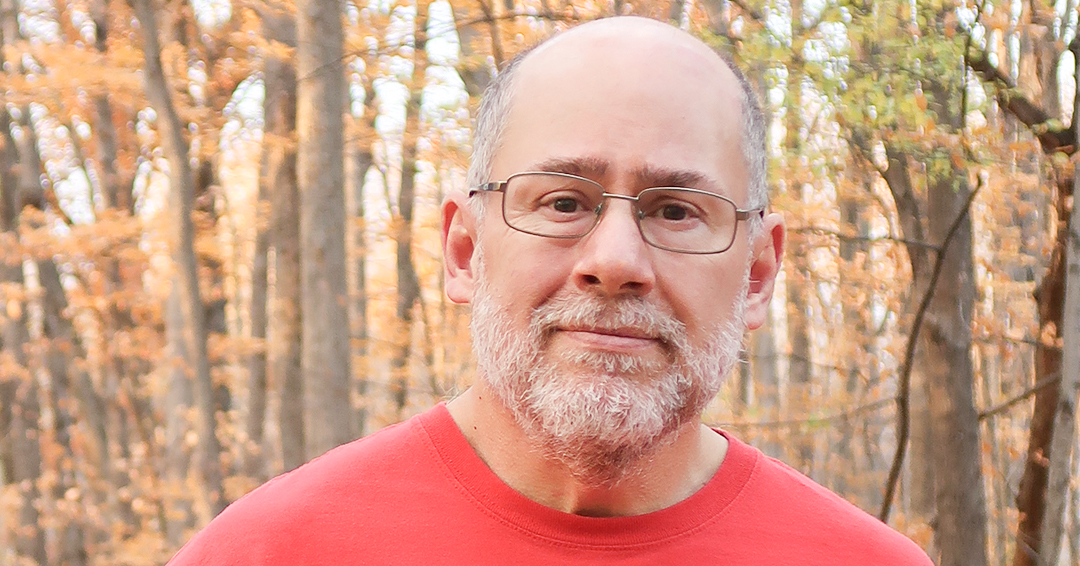
I love doing science and I love the amazing students who come to work and study with me. The government shouldn’t limit such opportunities.
I am a research scientist and a professor at McGill. I have an active research lab working on cardiovascular disease and I teach hundreds of undergraduate, graduate and medical students. I just started a small biotech company. Recently, in light of the proposed changes by the CAQ government to tuition fees for students from outside the province, I’ve been thinking about how I came to Quebec and stayed to build my career.
When I started my doctoral studies at the University of Toronto, I didn’t know very much about Montreal. That changed during the second year. My supervisor told us he was going to McGill and we were welcome to join him. My work wasn’t going all that well, but I don’t quit, so I went. That turned out to be a defining moment.
I have been in Montreal since 1989. I was working in my supervisor’s lab at the Montreal General Hospital one night in December and heard a lot of ambulances arriving. Fourteen women were killed that night. That left its mark on me as well.
The next night I went to the vigil at Polytechnique and met my future post-doctoral supervisor. In 1993, I moved from one university in Montreal to another. I met my future wife during post-doctoral work. I am eternally grateful to my boss for putting my office in front of the lab she was working in!
I’m not sure when I made the decision to stay, though I don’t remember consciously thinking about leaving. My first faculty position was at the Montreal Heart Institute (Université de Montréal) and a new set of challenges followed. I would have to teach in French. Despite my last name (I was adopted), I didn’t speak French at all when I arrived. I remember thinking I could sort things out with my primary-school French courses. Hah. I couldn’t even fill out the form for a telephone line.
I am a proud man, but I will admit that few things have made me feel as good as learning to teach in French. I wrote my lectures out phonetically for the first two years. It was torture for me and, more importantly, for the students. What made me continue was that they recognized the effort of a unilingual anglophone refusing to speak to them in English.
I think I fell in love with the province a little bit then. I even voted Yes in the 1995 referendum because I thought Quebecers should decide their own fate. Successive governments here and in Ottawa have convinced me that neither is ready for an independent Quebec, and I don’t think we are ready to be independent. Have you looked at the roads? But we could be one day, and I would stay.
In 2005, I moved to McGill. I actually miss teaching in French. I still see scientific words in French in my head sometimes. It always makes me happy to know so many words in my second language. I learned to stop being afraid of seeming stupid. It was liberating and allowed me to have a lot of interesting conversations over the years.
So why did I stay? The answer is both simple and complicated. I love doing science here and I love the amazing students who come to work and study with me. There are times when I regret the decision, as I watch the government penalize immigrants and anglophones who don’t or can’t speak French. That’s not what I loved about this province.
This place has a lot to offer. It is beautiful and I love exploring every corner of it. I built a life here. The government shouldn’t limit such opportunities for others who would follow in my footsteps.
This op-ed originally appeared in the Montreal Gazette here.
Part of our series: FMHS community members from away
The Faculty of Medicine and Health Sciences (FMHS) is made up of diverse communities, including people from across Canada and around the world. This series recognizes those from outside the province who have chosen to bring their talents and expertise to McGill University. Thank you for all that you contribute!
